Inspire middle east
During this unique time in history, some stock market analysts believe that the COVID-19 pandemic has the potential to change the investment landscape forever.
“It is going to accentuate the difference between the financial world and the economy – they should be linked, but they’re not,” says Amro Zakaria Abdu, the co-founder of Market Trader Academy. “I think it’s also going to accentuate the difference between the rich and the poor, unfortunately, just because all this stimulus money is going to the capital markets and not everyone owns a capital like stocks and bonds.”
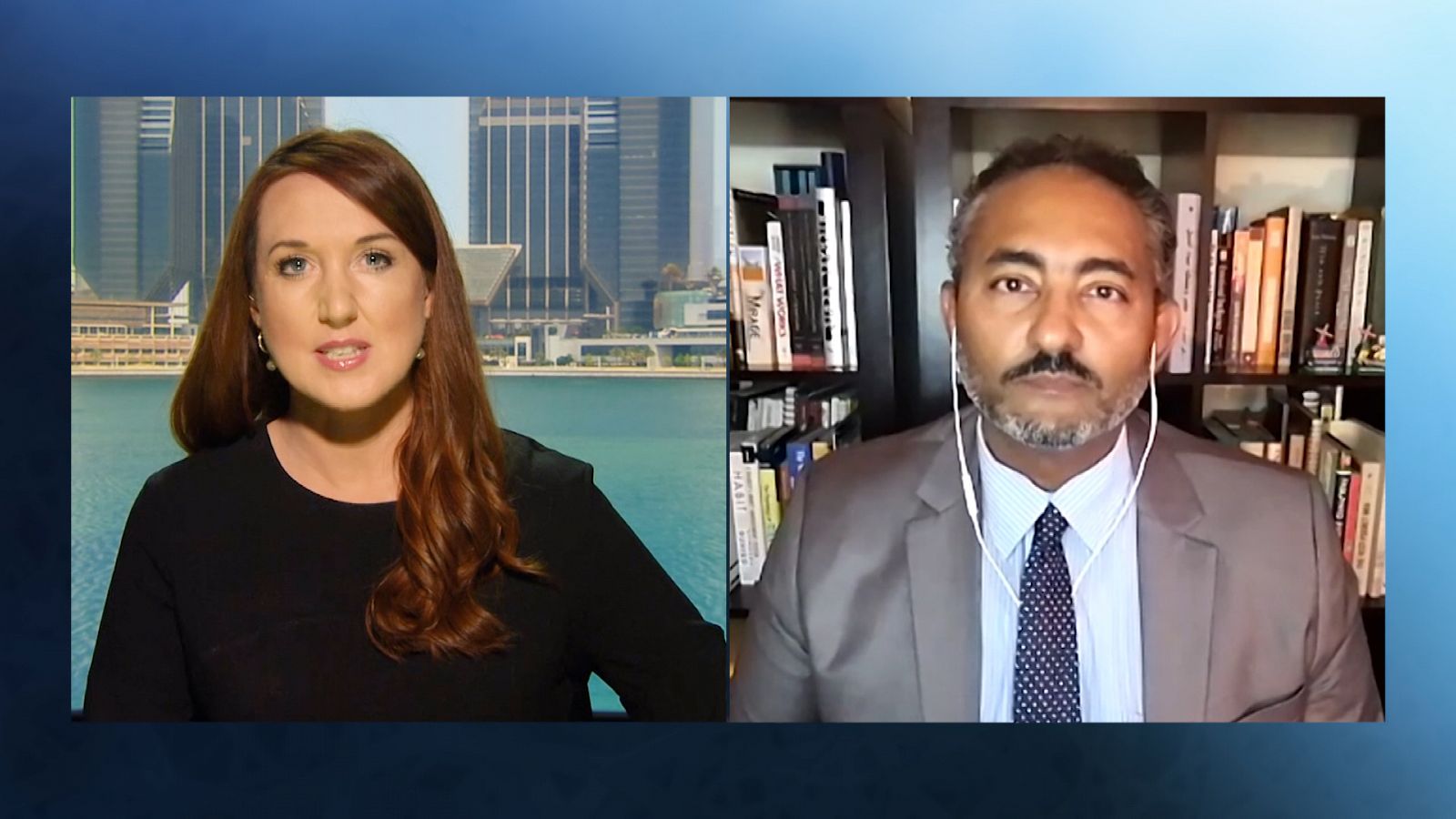
Amro Zakaria Abdu speaks to Inspire Middle East
Recent commodity and financial market swings have left some investors running for the door. Abdu, who advises private clients and financial institutions, says there’s money to be made, even in times of volatile trade.
“There’s a new category called a ‘stay-at-home stocks’,” he says. “Things like Zoom, for example, has gone up by 106% since the beginning of the year. Microsoft, Amazon just hit a record high and Alibaba is the same thing.”
On the commodities front, Abdu says that the textbook fundamentals for gold look bullish right now. He adds that the traditional safe-haven asset could touch $1,800 a troy ounce, this year.
IMF ECONOMIC FORECAST
Many economists are struggling to call the bottom of the global downturn or forecast what shape and duration a recovery might take.
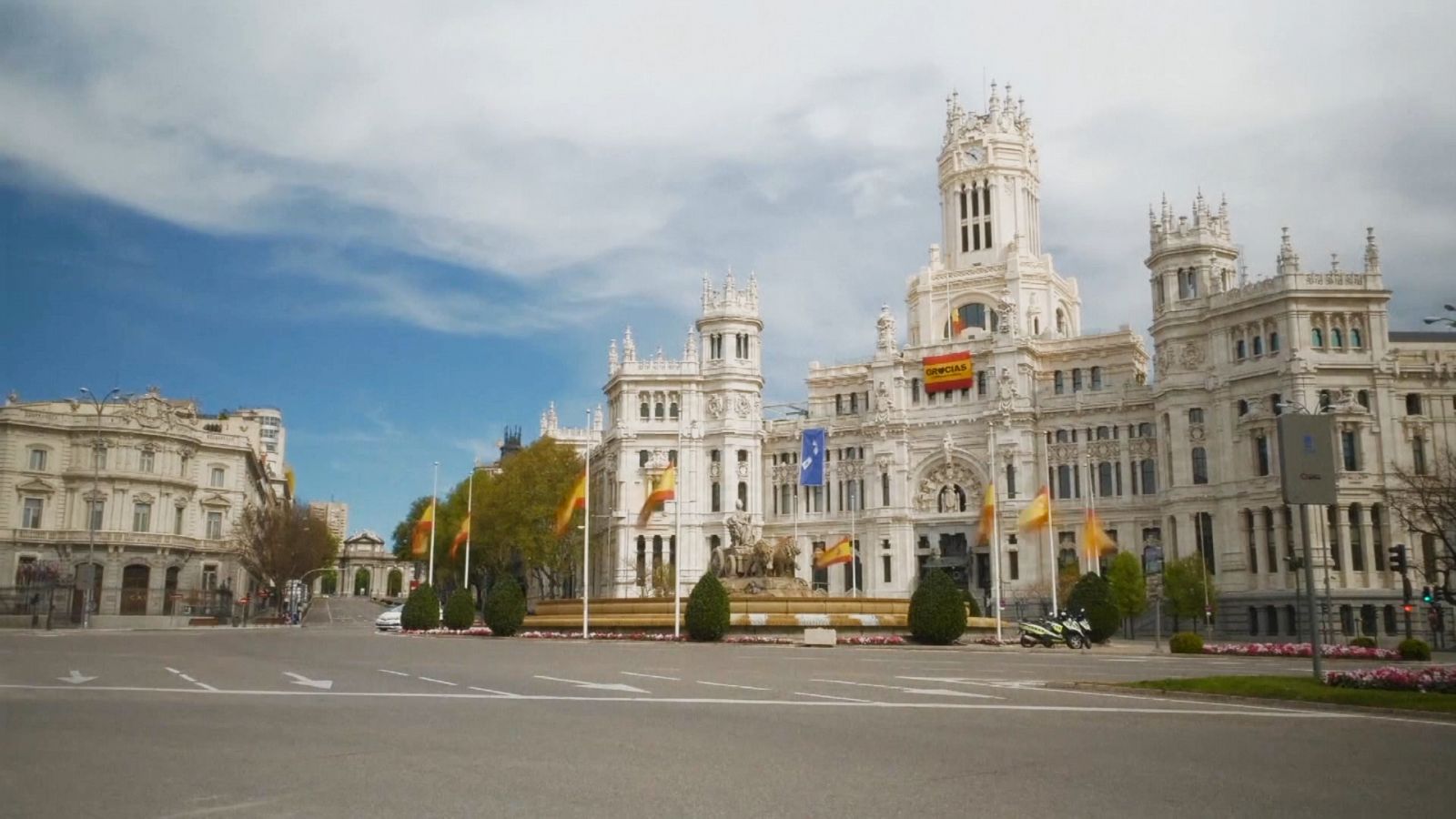
Madrid under lockdown
“Probably Q4 or Q1 of 2021, that’s when we’re going to see the engines of the economy churning along,” Abdu told Inspire Middle East’s Rebecca McLaughlin-Eastham. “But I doubt that before that we’re going to see any meaningful economic growth in Europe, simply because we have a lot to sort out.”
Some economists signal that the post-crisis landscape could trigger a deglobalization trend, weaker company earnings and higher corporate debt.
In terms of growth, the International Monetary Fund announced that the world would likely experience the worst recession since the Great Depression this year, with global GDP contracting by 3%.
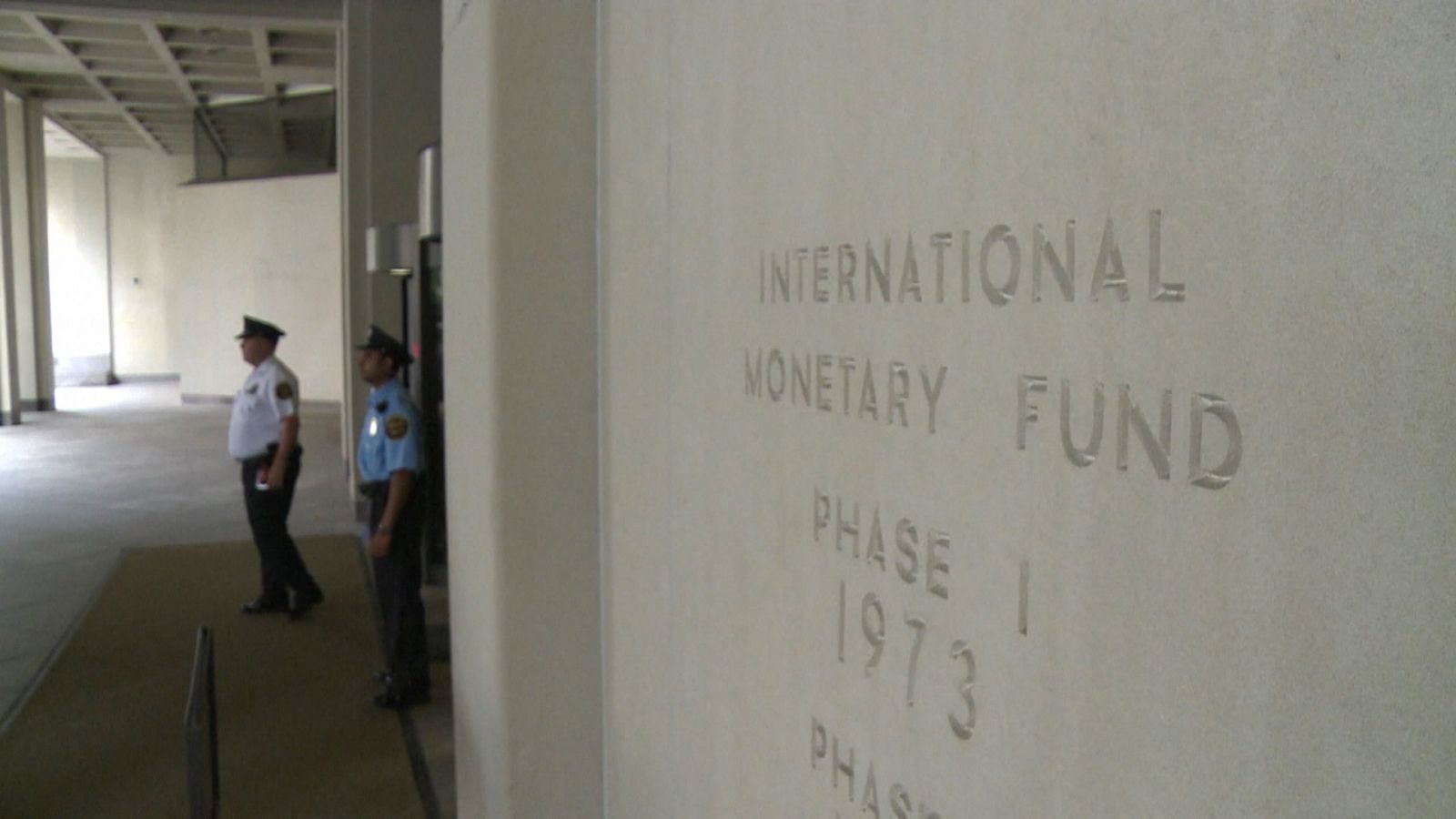
The International Monetary Fund
Within the Middle East and North Africa region, the IMF forecasts that the dollar-pegged UAE economy will contract by 3.5% in 2020, before rebounding 3.3% next year.
“I think that’s a best-case, blue sky scenario,” says Abdu. “I think the numbers are going to be much worse, at least for the rest of this year.
The UAE is probably the one country that is in a better position than all the others [in the GCC], simply because the economy is much more complex. So, there’s a multiplier effect to any stimulus that happens.”
MENA OIL OUTLOOK
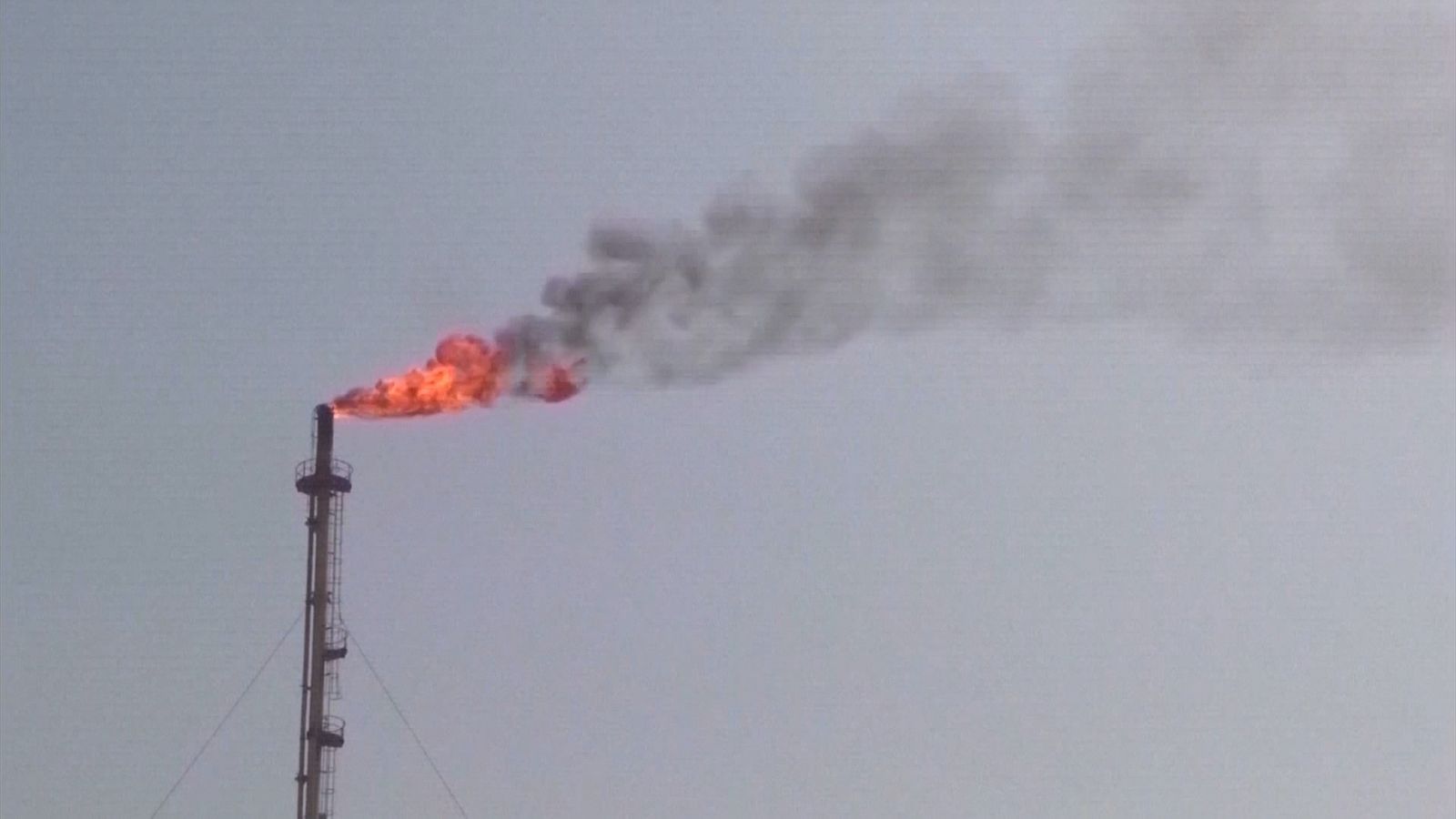
Gas flare at an oil refinery
The Middle East region is particularly vulnerable to the impact of the oil price, which in April sank to below zero for the first time in 21 years.
This, compounded with the coronavirus pandemic, has prompted the Arab world’s biggest economies to commit to stimulus in the tens of billions of dollars.
“I don’t see the oil price recovering anytime soon,” remarks the market strategist. “For two reasons. One, is that there’s been so much supply in the past. The other thing, is that I don’t think demand is going to come back anytime soon.”
As oil consumption collapsed due to the COVID-19 pandemic, OPEC and OPEC+ members including Russia, are expected to cut supply by a record 9.7 million barrels per day from May 1.
SEEN ON SOCIAL MEDIA: ECONOMIC PROSPECTS
Businessman Shehab says he believes the global economy will eventually readjust for the better, once the pandemic passes.
Voir cette publication sur Instagram To all my friends celebrating a Bardot-esque summer in St Tropez … remember those less fortunate amongst us !
Une publication partagée par Shehab Gargash (@shehabmrg) le 15 Août 2016 à 12 :27 PDT
Omani accountant Ahmed shared this post of him working before the pandemic stuck.
Voir cette publication sur Instagram #accounting #finance
Une publication partagée par AHMED | ALJABRI ?? (@ahmjabri) le 26 Sept. 2019 à 7 :58 PDT
And Abu Dhabi bank employee Zaid shared this moment, taken before the quarantine period.
Voir cette publication sur InstagramUne publication partagée par Zaid Alghanem (@zaidalghanem) le 5 Mai 2018 à 3 :11 PDT




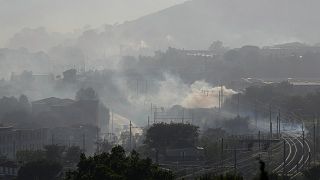


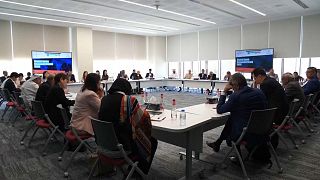
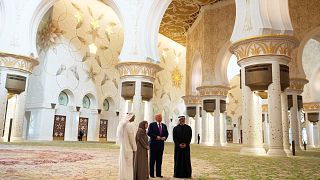
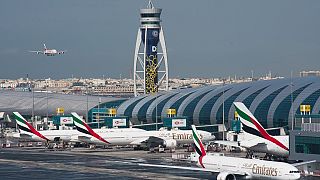


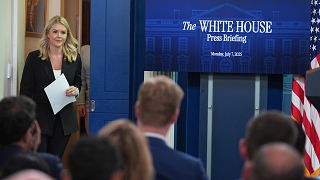
01:54
South Africa's independent mechanics join forces to compete with big companies
Go to video
What to know about the COVID variant that may cause 'razor blade' sore throats
02:16
In China, young African entrepreneurs personify growing China-Africa cooperation
00:52
Botswana cuts back on diamond production amid weak global demand
Go to video
Khartoum accuses UAE of direct involvement in drone strikes on Port Sudan
Go to video
WHO approves landmark pandemic agreement to improve response in event of future pandemic